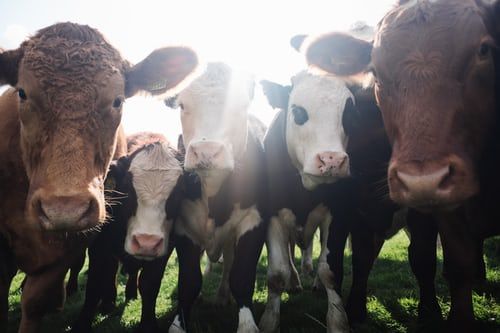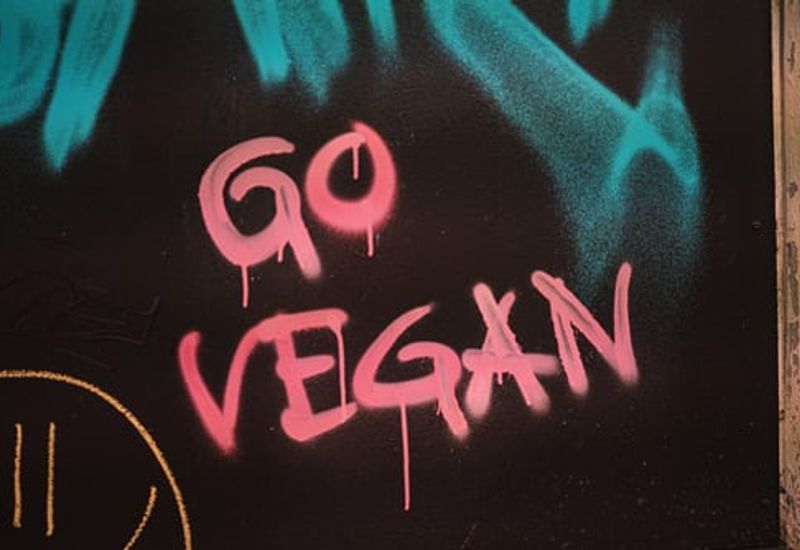Here are five ways you can help the planet by cutting animal products out of your diet this January.
Veganuary has arrived for 2022. This month, thousands of people will temporarily (or, in some cases, permanently) transform their lifestyles by going vegan.
If you’re thinking about participating in Veganuary, then well done! Here are five ways your decision could help the planet:
Reducing greenhouse gas emissions
The meat and animal products industry releases many of the harmful greenhouse gases, such as CO2, methane, and nitrous oxide, that are destroying our planet. Beef and dairy alone account for 20% of these emissions.
It’s not just the cattle producing these greenhouse gases, either. The journey from farm to fork is incredibly disruptive to the environment: the processes of transporting animals to the slaughterhouse, packaging the meat, and sending these products to supermarkets and consumers all contribute to the pollution.
Plant production releases CO2 too, but at a much lower level than the meat industry. Plus, farming fruit and veg rather than meat improves carbon storage by introducing more plants and trees to the ecosystem.

Less plastic waste
Going vegan can really help you cut the amount of plastic you consume. By not buying pre-packaged meat and shopping for loose fruit and veg instead, you’ll reduce the amount of plastic that goes to landfill.
Try to eat natural foods prepared from scratch, rather than processed meat substitutes where possible, as this will cut the amount of plastic waste you produce even further. Plus, cooking from scratch is a lot cheaper than buying vegan ready meals in supermarkets.
Fighting deforestation
By clearing large areas of land for livestock farming, we’re not just losing trees; we’re also losing all the other plants that absorb and store carbon. When they’re cut down they release carbon into the atmosphere, accelerating climate change.
Animals that are reared outdoors graze on land that could be protected for biodiversity. Meat production requires a lot of land to house the animals, store their products, and process the meat once they’ve been slaughtered. By farming animals, we are losing entire ecosystems and disrupting habitats which put other birds and animals at risk of extinction.
Improving soil quality
Not only can switching to a plant-based diet help tackle deforestation, it can also improve soil quality. Farming animals means ripping up the trees and plants growing there naturally, all of which contain minerals that enrich the soil.
Good quality soil is really important for wildlife and sustainable plant farming. Plant farming requires nitrate and mineral-rich soil for the crops to grow well.
Saving water
Water is a precious resource that many of us take for granted. Raising livestock requires a lot of water to feed the animals and keep their storage clean. If more of us switched to a plant-based diet, less water would be used in farm production. It’s estimated that we could save 15,000 litres of water for each kilo of beef we don’t consume.
Livestock farming also leads to pesticides and hormones entering the water supply, lowering the water quality and harming humans.
It can be hard to make such a drastic lifestyle change as going vegan, even when it's only for a month. For most of us, identifying smaller yet manageable steps to help improve our health and the planet's health will perhaps be more realistic and help us make a greater impact. Check out some of the free tools available to help you, like our favourite, Giki.
Prospective student? We want to hear from you! Join the Student Hut Forum and earn £s by taking surveys.













